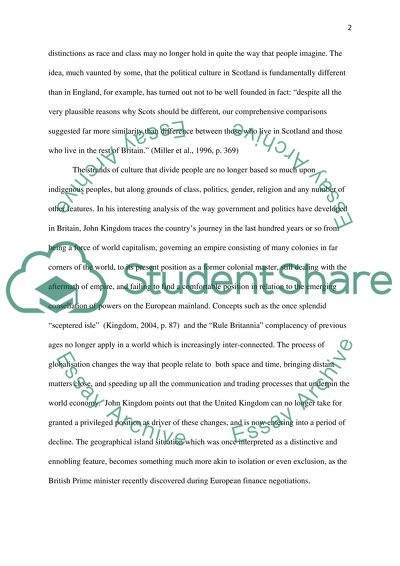Cite this document
(“Can U.K. be Described as a Homogeneous Society Essay”, n.d.)
Can U.K. be Described as a Homogeneous Society Essay. Retrieved from https://studentshare.org/social-science/1439035-british-life-institution
Can U.K. be Described as a Homogeneous Society Essay. Retrieved from https://studentshare.org/social-science/1439035-british-life-institution
(Can U.K. Be Described As a Homogeneous Society Essay)
Can U.K. Be Described As a Homogeneous Society Essay. https://studentshare.org/social-science/1439035-british-life-institution.
Can U.K. Be Described As a Homogeneous Society Essay. https://studentshare.org/social-science/1439035-british-life-institution.
“Can U.K. Be Described As a Homogeneous Society Essay”, n.d. https://studentshare.org/social-science/1439035-british-life-institution.


